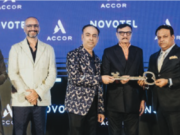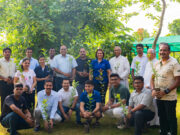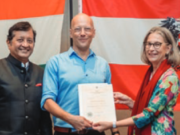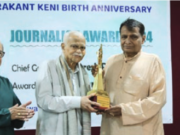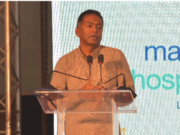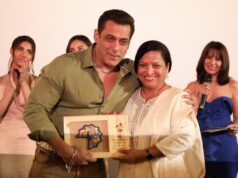Vice-Chairman – Goa Heritage Action Group (GHAG)
(Preservation, Conservation and Restoration of Goa’s Architecture)
Tell us about the start of your journey working for a social cause. What spurred it on?
The cause of preserving heritage and environment is much more than a social cause. It is the very basis of our survival on the planet. It is about preserving our heritage to save the environment. When we repurpose buildings we are also stopping someone from going out into the countryside and plundering scarce resources. We are actually recycling.
The other is that we are preserving the knowledge and wisdom of our ancestry, our lineage; our traditional systems. This collective wisdom will hold us in good stead when a crisis happens or has been predicted.
My journey began with my work with Dr Jane Goodall on the chimpanzee research station at Gombe, Tanzania. Then I took a turn in India with the Bombay Environmental Action Group and now in Goa with the Goa Heritage Action Group and my own writing on Goa.
What challenges do women face when attempting to resolve social issues?
The first thing I wanted to do when I came back to India was work with primates, macaques, something I was familiar with already. But when I asked around, I was told that I would have to carry a small knife and learn martial arts to protect myself in the field! That was the one and only time that I felt my gender was an issue. After that, I have not faced any challenges just for being a woman in the field.
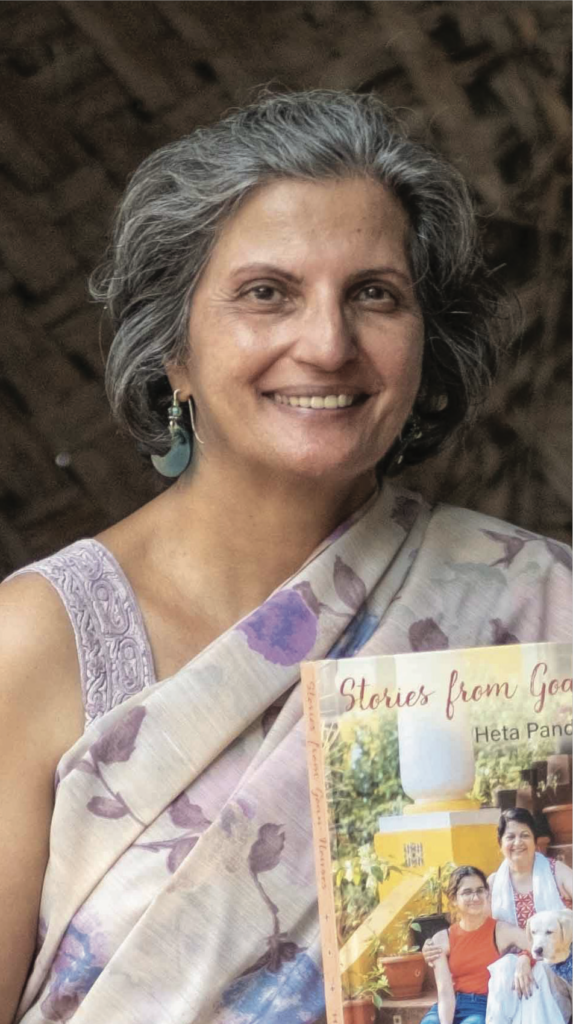
How important is your family support in your cause?
Very important. My mother allowed me to carry on following my heart. My parents supported me financially; offered moral support and in general were”just there for me”. Following that, my sisters and their families and my brother and his family. Even when I did not need financial support, for example, my brother always asked if I needed any help to continue my work.
What was the toughest challenge you faced so far? How did you overcome it and what did you learn from it?
In Mumbai and Maharashtra, where I cut my teeth in the environmental and heritage movement, it was the bureaucrats who supported us and helped us take our battle forward. The biggest challenge after coming to Goa is that the bureaucracy is practically invisible. There is no active participation or advice from them and I feel that Goa is losing out on this wonderful, highly intelligent, trained and erudite resource.
How do you juggle your personal and professional life?
Since I am a single parent (to two dogs, one cat and an adopted daughter in China!) it is not much of a juggle, frankly!
What strategies are used to face crises?
The only strategy is that there is no one single strategy. There is no ‘one size fits all’. You take each day at a time. You tackle every problem as uniquely as possible. But I do believe that every problem comes with its own solution. It is up to us to decipher the solution. It’s like a treasure hunt!
What’s the most significant risk you’ve undertaken?
Coming to Goa without knowing exactly three people 27 years ago! And see how that’s played out!
Your message to those who want to take up social causes / welfare in society.
‘To thyself be true’. Soon people will see who you are, what you stand for and that you have nothing to gain personally and they will respond to you in equal measure!








